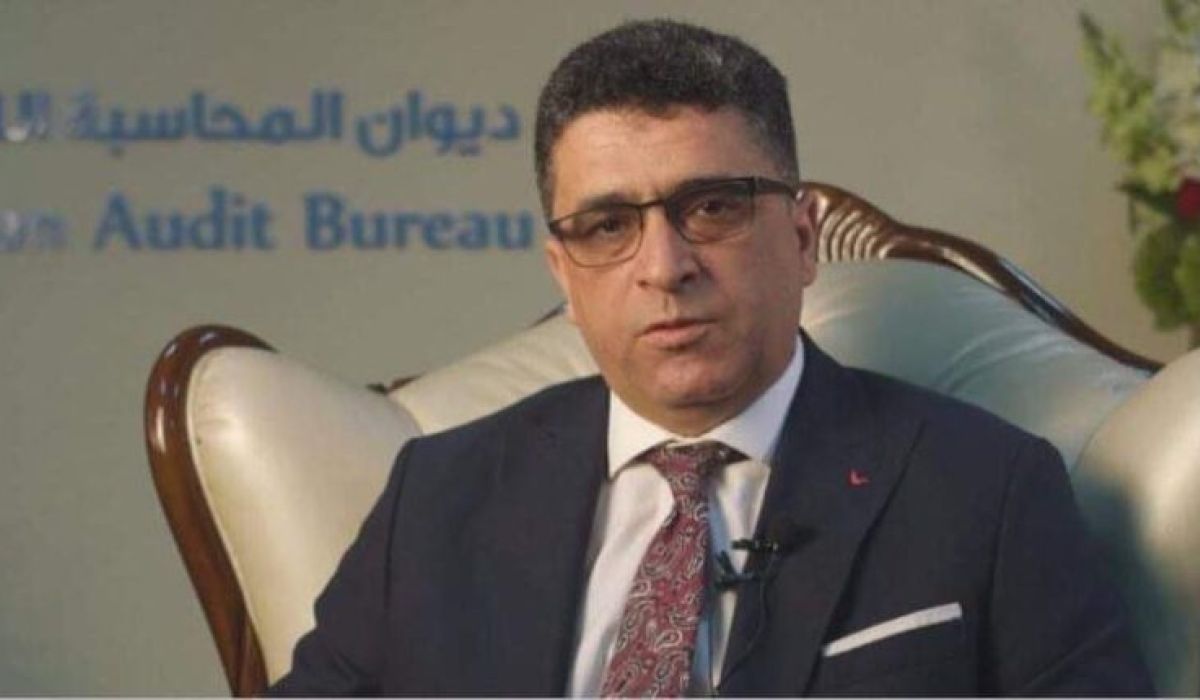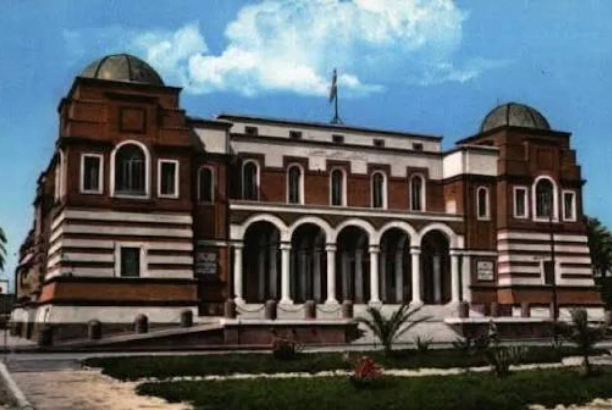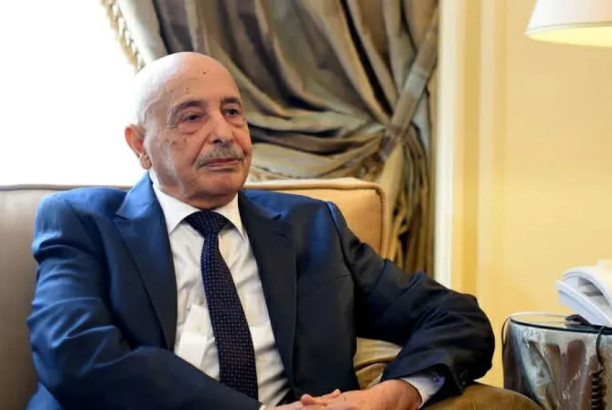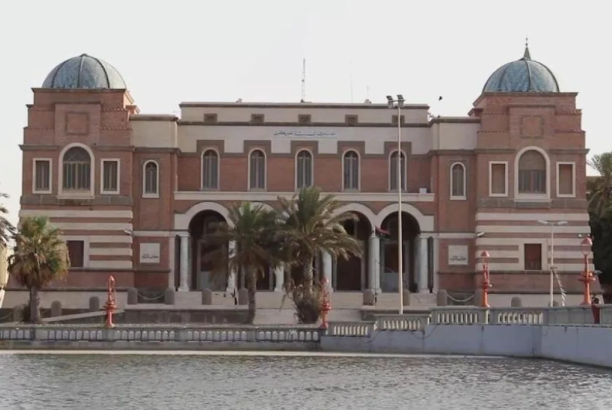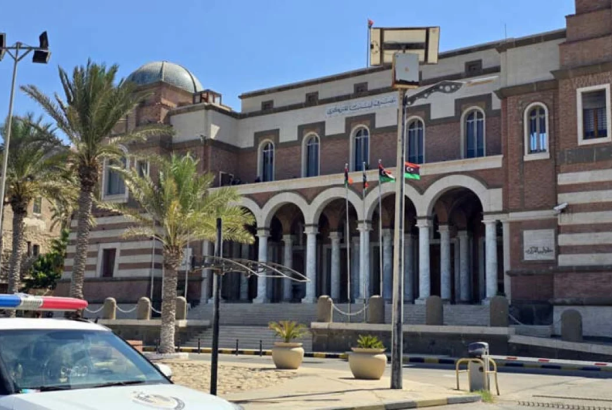The Head of the Audit Bureau, Khaled Ahmed Shakshak, addressed the Prime Minister of the National Unity Government, Abdul Hamid Dbeibeh, in a correspondence obtained exclusively by our source for 2021, regarding allocating funds on newly created expenditures and financing them by disposing of the revenues of telecommunications companies, and that such a decision is illegal by law.
Shakshak listed the following reasons for the illegality: It was issued without a specialist, so the government is not allowed to allocate funds for new purposes that are not included in the general budget or without being within the framework of emergency financial arrangements, which is a negative for the powers of the legislative authority, that public companies are financially independent, the government is not allowed to direct the management of these companies to carry out actions against their will or spending in other than their plans and policies, which is negative for the competencies of the board of directors and the executive management and exposes them to indispensable liquidity risks.
The profits of public companies are considered sovereign resources that may not be used except within the framework of the general budget, in accordance with the powers and controls stipulated in the financial law of the state and other financial legislation.
It was not found also that the government took such decisions based on a future vision and a well-thought-out plan based on justice and sustainability, and taking into account the economic reform of the current deteriorating situation.
Shakshak stressed at the end of his speech that the government should follow the correct legal ways to finance its expenditures through the general budget or additional appropriations or emergency financial arrangements without going beyond them.
He added that the government should adopt rational policies in the management and use of public money that are based on sustainable development foundations, and take the path of reform and justice in its actions, in a way that contributes to addressing the financial and economic distortions that the state suffers from, which threatens to collapse if it continues to take such measures.
This correspondence comes to put an end to the government’s demands to fund the government’s expenses from telecommunications companies, as the government of Abdul Hamid Dbeibeh asked the Libyana and Al-Madar telecommunications companies to transfer more than one billion and a quarter Libyan dinars to the government, which was published exclusively by us, and later based on the decision of the General Assembly of the telecommunications company headed by Abdul Hamid Dbeibeh, stating to distribute part of the profits collected from the telecommunications sector in the amount of 200 million dinars to the Libyan Company for the Management of Partnership Projects with the Private Sector (PPP) affiliated to the Ministry of Finance and managed by Mr. Abdul Majeed Mleeqta.
It is noteworthy that the Tripoli Audit Bureau had previously suspended all procedures of the Libyan PPP Company and obligated it not to arrange any financial or legal obligations that it could not do after.
According to multiple sources, the repeated financial demands come in light of the pursuit of the Prime Minister of the National Unity Government, Abdul Hamid Dbeibeh, to find sources to finance his spending on the armed brigades that refuse the entry of the National Stability Government to Tripoli, after the Central Bank of Libya closed its doors in his face.


